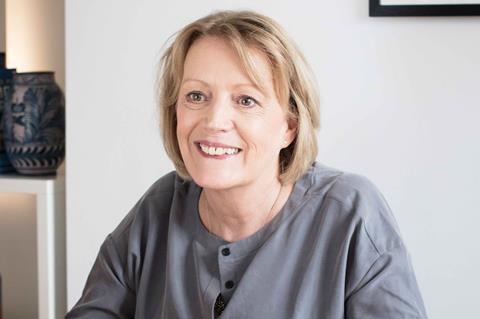Louise Rodgers on how to transform humiliation into a tool for personal and professional growth

The thorny topic of humiliation has come into my coaching space a few times lately. There was the architect who received a public dressing down from a colleague; the consultant who unsuccessfully applied for an internal promotion; and the junior member of a team who felt undermined during a client meeting.
These are just a few scenarios that, unfortunately, are not uncommon in the workplace. They have the potential to incite the uniquely powerful and distinctly uncomfortable emotion of humiliation.
In each case, the person felt rejected or invalidated – humiliated – in front of others. They came to the coaching session wanting to get it off their chest and blame the other person or group of people involved for the pain that, as they saw it, had been inflicted on them.
How well we cope with humiliation will vary. Someone with a history of depression may blame themselves when things go wrong and experience humiliation as something utterly devastating. Someone else who struggles with a mental health disorder such as social anxiety may be especially sensitive to things they perceive as being critical or judgemental and find it hard to pick themselves up afterwards. And the narcissist, so used to getting their own way, may find that they just can’t cope with the sense of rejection they feel when they don’t.
The real issue is that the person on the receiving end of the potentially humiliating situation lacks a sense of healthy or robust self-esteem. It is this that makes them more vulnerable to feelings of humiliation.
By self-esteem, in this context, I mean how they perceive themselves. People with a clearer understanding of their own values and strengths; an awareness of the contribution they make to the whole; and a realistic appreciation of their achievements tend to have greater resilience in the face of setbacks and disappointments.
In her book Energy Rising, psychologist and author Julia DiGangi identifies humiliation as the foundation, or root, of something she calls the tree of emotional pain.
She argues that we are so focused on the situations that occur in our life (the leaves) that we don’t give enough energy to not just feeling but understanding the core emotion that this situation gives rise to (frustration or anger, located in the trunk) and thereby miss making the connection of this emotional pain with what is stored in the roots – the fear of humiliation.
We can’t change anyone else’s behaviour – we can only change the way that we react to it
If we make this link, she argues, and can learn to ‘sit with’ the discomfort it gives rise to, we can protect ourselves from experiencing the pain as something that is debilitating and destructive. We can even learn to welcome it as something that can teach us about ourselves and use it for future protection. We can grow our tolerance of humiliation.
In other words, instead of over-focusing on the situation, examine the emotional energy that gives rise to the situation and harness that energy so that it becomes a power for good.
In her book Dare to Lead, Brené Brown puts it another way; she invites us to examine and interrogate complicated emotions such as humiliation, or the even deeper feeling of shame, and reclaim our ‘thinking brain’ to ask, “What is this feeling, and what is it trying to tell me?”
This is not an easy task, and it requires practice to reach the point where, for example, you don’t feel a public put-down as a humiliation, but as a learning opportunity.
It is especially difficult if there is an unequal power balance involved. We may feel that we have been unfairly treated by someone who has some power over us (a line manager, a client), and we can’t choose to not feel that. But it only becomes problematic, making for a truly miserable work environment, if it is ongoing or constant. The risk then is that we internalise the feelings and conclude that, for example, we are a failure.
But humiliation is often fleeting or situational. Of course, the humiliation could’ve been avoided if the person in the position of authority or credibility had behaved in a more emotionally intelligent and responsible way. But, in a phrase we often use in coaching, we can’t change anyone else’s behaviour – we can only change the way that we react to it.
Postscript
Louise Rodgers is Building Design’s professional coach. A personal and business coach, she co-created and co-delivers Step Up, a leadership development programme for built environment consultants.
Do you have a question for Louise? If so email louise@eidyia.co.uk. She will use the most interesting in her columns but cannot enter into individual correspondence.
















1 Readers' comment